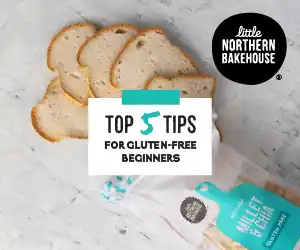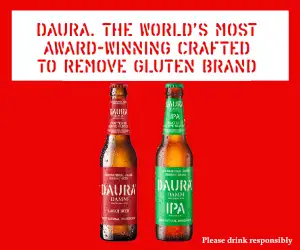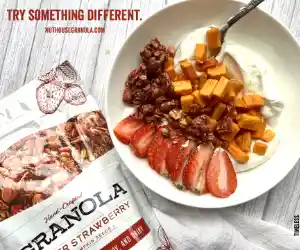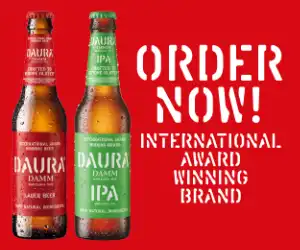-
Welcome to Celiac.com!
You have found your celiac tribe! Join us and ask questions in our forum, share your story, and connect with others.
-
Get Celiac.com Updates:Support Our Content
"gluten Free" Products Making You Sick?
-
Get Celiac.com Updates:Support Celiac.com:
-
Recent Activity
-
- Scott Adams replied to Bebygirl01's topic in Food Intolerance & Leaky Gut2
Not Just Wheat, Barley and Rye Glutens that make us sick
This is such an important discussion! While corn gluten (zein) is structurally different from wheat gluten, emerging research suggests some celiac and gluten-sensitive individuals may still react to it, whether due to cross-reactivity, inflammation, or other factors. For those with non-responsive celiac disease or ongoing symptoms, eliminating corn—especially p... -
- Scott Adams replied to Stuartpope's topic in Post Diagnosis, Recovery & Treatment of Celiac Disease3
Mama trying to help 3 year old!!!
I’m so sorry your little one is going through this. Celiac recovery can take time (sometimes months for gut healing), but the ongoing leg pain is concerning. Since his anemia was severe, have his doctors checked his other nutrient levels? Deficiencies in magnesium, vitamin D, or B12 could contribute to muscle/joint pain. A pediatric GI or rheumatologist m... -
- Stuartpope replied to Stuartpope's topic in Post Diagnosis, Recovery & Treatment of Celiac Disease3
Mama trying to help 3 year old!!!
Thank you for the input. We go back to the GI doctor in June- she wants to do more labs to check vitamin levels( not sure why the didn't check all at once with the iron being so low) and recheck inflammatory levels. Just trying to find him some relief in the meantime. -
- trents replied to Stuartpope's topic in Post Diagnosis, Recovery & Treatment of Celiac Disease3
Mama trying to help 3 year old!!!
Welcome to the forum, @Stuartpope! With Marsh 3b damage to the villous lining of the small bowel, your son is likely deficient in a number of vitamin and minerals due to poor absorption, not just iron. B12 and all the other B vitamins are likely low. I would suggest looking into a high quality gluten-free B complex, D3, magnesium glycinate (the form... -
- Stuartpope posted a topic in Post Diagnosis, Recovery & Treatment of Celiac Disease3
Mama trying to help 3 year old!!!
Hey yall! New Celiac mama trying to help my son! My 3 year old was just diagnosed with Marsh 3b by a biopsy. We started this journey due to him being severely anemic (ferritin levels 1.2) He has had 3 iron infusions to help with the anemia. He has also been gluten free for a month. He is still having leg/ joint pain( he described a burning/ hurting...
-












Recommended Posts
Archived
This topic is now archived and is closed to further replies.